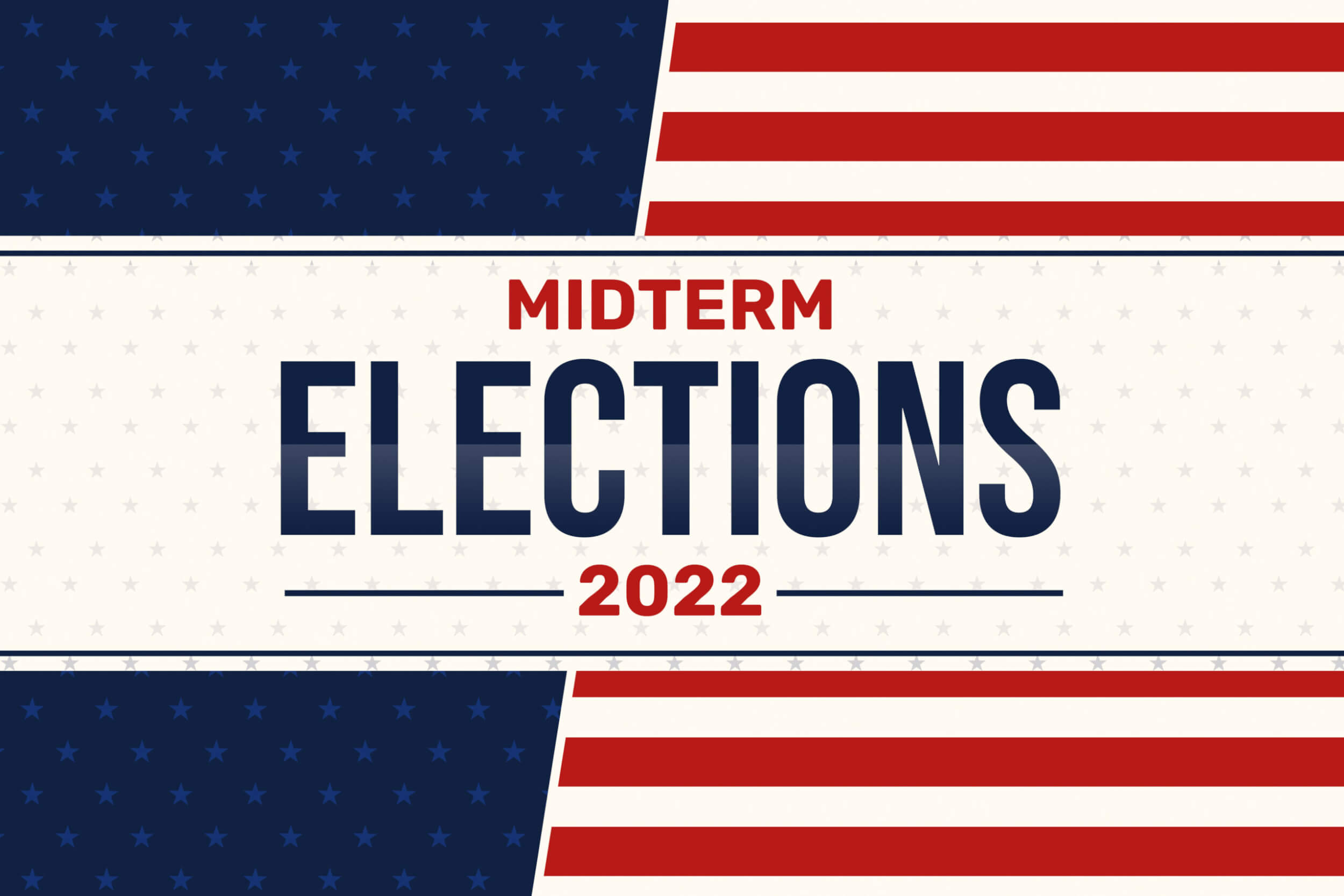Many of you have heard me say that, never before in my teaching career, have I felt outside events reverberate so much on school campuses. This is true across the nation and is reminiscent of how political and social conflicts rocked college campuses and American society in the 1960s. As the political scene in America has taken on a sectarian quality, we see the parties as divided as ever. There has been political violence and rhetoric that has raised fears that this may become more widespread. And disinformation spread through social media channels can easily outpace truth, which can further inhibit reasonable dialog. I find it irresponsible and reckless when I hear talk of “civil war.” Having spent time in Haiti, I have seen how a broken country with no strong government can negatively impact the quality of life of its people.
While our political parties are divided and increasingly move toward the more extreme elements of their base, most Americans actually agree on many of the same issues facing our country. It’s important to keep that in mind. Here are a few examples from a CBS news article from this summer:
- 68% of Americans have a favorable view of law enforcement
- 79% have favorable views of Social Security
- 88% believe that inflation is a major problem
- 67% think that there should be medical-debt forgiveness
- 73% believe that teachers should be paid more
- 61% believe that undocumented or illegal immigration is a problem
- 77% believe that the American flag is a positive symbol
- 69% of Americans think a civil war in the next 10 years would be bad
- 89% of Americans believe the president should be truthful
- 87% of Americans think a president should unite the country
- 68% believe racism is a problem
- 76% of Americans feel that they are patriotic
- 60% want their legislative representatives to compromise more
Our kids are growing up in an anxious era. The current state of politics can fuel this anxiety. I also think that the media and the political parties focus on division, rather than finding solutions to real problems. At Colorado Academy, we truly want to have ideological diversity and model how we can have respectful conversations about domestic and foreign policy. We do not have to agree, but it behooves us to listen and look at the evidence.
As we approach the midterm election next week, I want to call out how our teachers will guide students in ways that are non-partisan ways but answer questions students might have. In the Lower School and Middle School, teachers in social studies will address questions the students might bring to them. Typically, our older students are more invested in what is happening in the larger society. As part of our goal to educate informed, engaged, and reflective students, the Upper School will offer a series of sessions for students to consider and discuss Tuesday’s results. The day after the election, we will use club time, and moderators will join affinity groups or clubs to discuss the election. One student club dedicated to Respectful Conversations, composed of both liberal and conservative students, will have a discussion moderated by the club advisor. On Thursday, the Social Studies Department will run four sessions to provide historical context for the elections and to engage in nonpartisan analysis and discussion of the results. These sessions are open to all students wishing to explore nuance regarding how these results operate within the larger political landscape.
The four sessions will include the following:
1. Election Results through Data (with Mr. Martinez and Ms. McKinney)
2. The Impact of Dobbs v. Jackson Women’s Health on the Elections (with Ms. Sarles and Ms. Wolf-Tinsman)
3. The History of Midterm Elections (with Ms. Helvey and Ms. Gordon)
4. Open Forum/Questions (with Dr. Scholl and Mr. Gordon)
Students are encouraged to attend the session that they believe will engage them the most. We ask that students come to the sessions with questions and an open mind. I am grateful for our social studies teachers to take this on and help our students process their thoughts and reactions to the midterm election results.
The results will be what they will be. My commitment as Head of School is to provide opportunities to learn and grow from them. I’m going to help students and faculty and staff do so by focusing on facts, like the stats I called out earlier, and reminding everyone that we have more in common than some are letting us remember—and that at CA, our commitment to this community and our focus on our mission is what unites us and sustains our culture.
